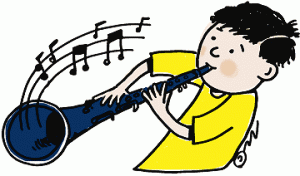Prohibiting Excessive Noise in Rental Property
 Everyone wants to live in peace, but that’s not always possible when living in multi-family housing. Babies cry, stereos are played too loudly and some neighbors have no concept of “quiet.”
Everyone wants to live in peace, but that’s not always possible when living in multi-family housing. Babies cry, stereos are played too loudly and some neighbors have no concept of “quiet.”
Where do landlords draw the line? Are they responsible for acting as noise police? Are landlords even allowed to address noise in a lease? And who decides what noise level is acceptable?
The short answer is that landlords may include excessive noise clauses in their leases. Some leases may specify that stereos are not to be played at high volume. Others may ban musical instruments such as electric guitars or drums, and vocal or instrumental practice or instruction. It makes sense that tenants would complain about a piano or trumpet teacher living next door, but what about the kid down the hall who needs to practice her clarinet? As a landlord, you may ban that type of noise, as well.
If you’re hearing complaints on this subject from your tenants, you may need to add a noise clause to your lease. It could be as simple as not allowing any noise that disturbs other residents, or that can be heard outside the unit.
Unfortunately, many tenants don’t seem to be mindful of others, and those who are careful about not being too loud have to sometimes put up with noisy neighbors.
And while you can’t stop a baby from crying, you can prevent noise pollution in the form of a fourth-graders’ clarinet practicing (which could be nerve-wracking), a garage band rehearsal, or a DJ practicing her skills at all hours of the night. As in any lease clause, follow through is most important.
Be careful not to allow any exceptions to the rule, or you could be seen as treating one tenant differently than another, which could lead to accusations of discrimination.

Add A Comment
You must be logged in to post a comment.